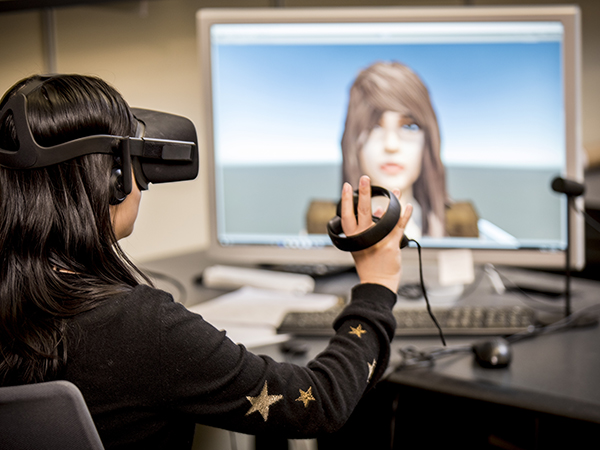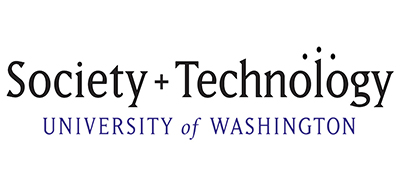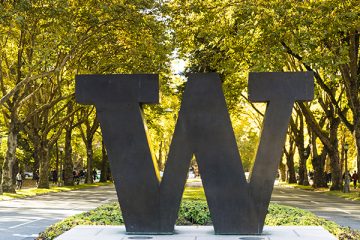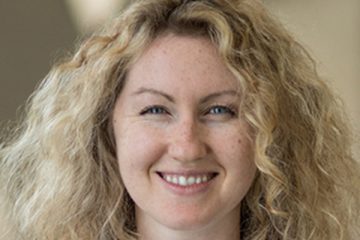Our work in human-centered computing explores and enhances the ways in which people and communities engage with and experience technology.
Our research considers the personal, educational, cultural, and ethical implications of innovation. Drawing upon techniques from human-computer interaction, learning sciences, sensing and more, we aim to maximize the potential benefits of technology while minimizing potential harms to individuals, groups and society.
Groups & Labs

Tsvetshop
Tsvetshop researchers aim to develop practical solutions to natural language processing problems that combine sophisticated learning and modeling methods with insights into human languages and the people who speak them.

UW Reality Lab
The UW Reality Lab advances the state of the art in virtual and augmented reality by developing new technologies and applications, educating the next generation of researchers and technologists, and supporting robust collaborations with industry.
Faculty Members
Centers & Initiatives
Global Innovation Exchange is the University of Washington’s
engineering and business institute for emerging and established
technology leaders. GIX partners with corporate, government and non-profit organizations to deliver transformational learning through graduate education, global experiences and professional development programs.
engineering and business institute for emerging and established
technology leaders. GIX partners with corporate, government and non-profit organizations to deliver transformational learning through graduate education, global experiences and professional development programs.
Society + Technology is a cross-campus, cross-disciplinary initiative and community at the University of Washington that is dedicated to research, teaching and learning focused on the social, societal and justice dimensions of technology.
Highlights
UW Graduate School
Allen School News
Allen School News









